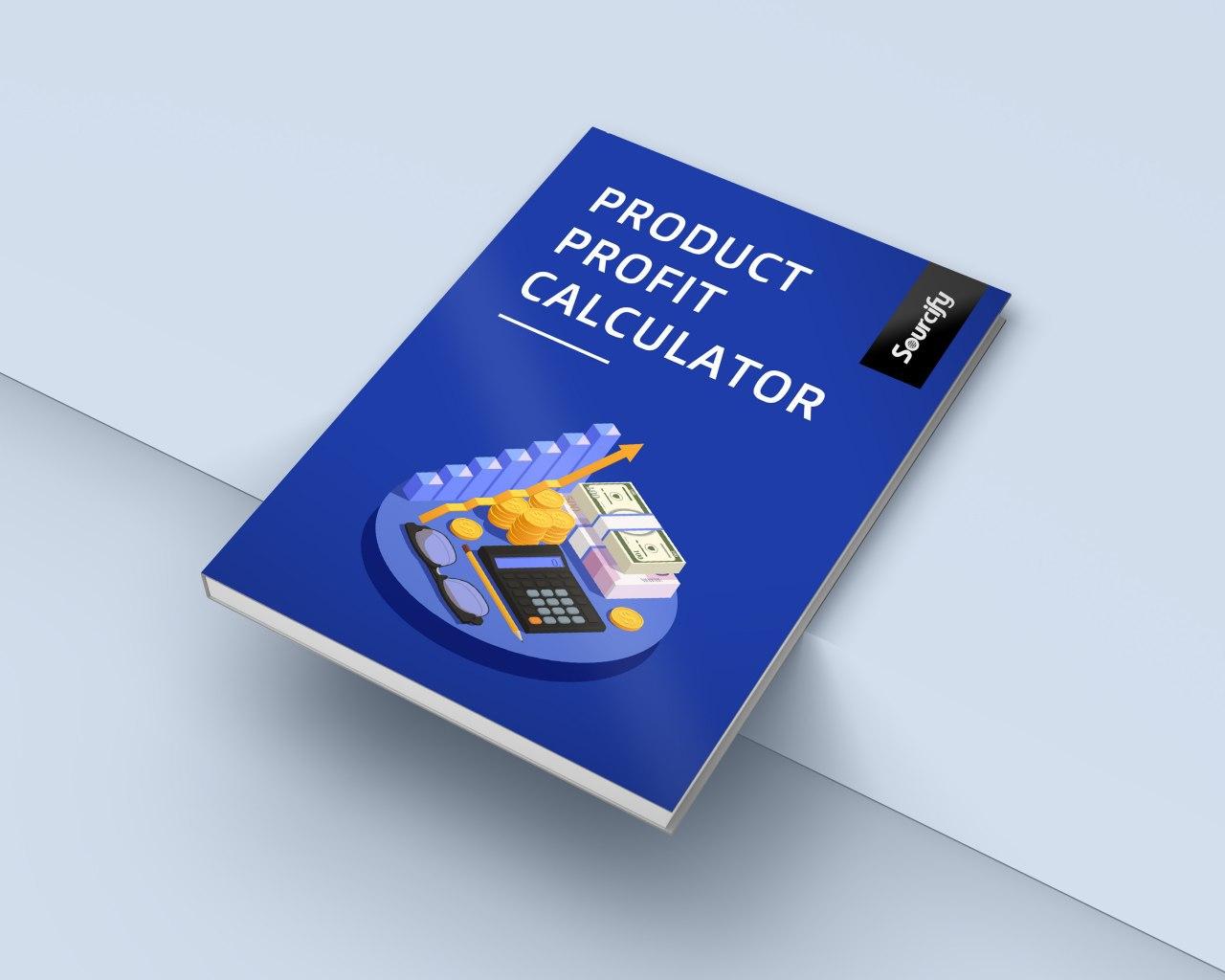For companies looking to outsource their manufacturing operations, Mexico has emerged as a top contender in the e-commerce industry. The country’s strategic advantages, including its proximity to the United States, talented workforce, and government support, make it an appealing destination for growing e-commerce companies looking to streamline their supply chain efficiency.
Moreover, e-commerce has seamlessly woven itself into the fabric of daily life in Mexico. At least once a day, one out of 10 Mexican online consumers makes purchases online.
The expansion of e-commerce has certainly made its mark throughout the region, and according to research from Payments and Commerce Market Intelligence, it’s projected to reach a compound annual growth rate (CAGR) of 33% by 2026. In terms of population coverage, e-commerce is forecasted to penetrate over 54% of the country’s demographic by 2025.
As e-commerce continues its upward trajectory in Mexico, sectors such as hardware, cosmetics, and video gaming have shown the most positive growth in product sales. Businesses in these sectors, along with organizations in various other industries, are continually acknowledging the potential for growth by shifting their production operations to the region, drawn by a multitude of advantages.
However, before diving into the advantages of Mexican manufacturing, it’s important to consider some key steps to ensure a successful venture. Let’s explore five crucial aspects businesses must first fulfill before establishing an e-commerce manufacturing presence in Mexico:
1. Conduct Market Research
Whenever a company expands its production to another location, it must conduct comprehensive market research. Not only does this rule hold true for manufacturing operations in Mexico, but for any destination worldwide.
Companies must gather insights into a variety of factors, such as product demand, consumer preferences, and local competition. Looking into key marketing trends and cultural nuances is equally important, as these elements can impact product offerings.
This research can also manifest through collaboration with local market experts and analysts, conducting surveys, and measuring data to understand the dynamics of the local market. By gathering insights into the specific needs and expectations of your target audience, you can customize your products and marketing strategies accordingly.
2. Comply With Local Regulations and Legal Requirements
Navigating a foreign country’s legal and regulatory landscape can be a complicated undertaking. If you’re looking to relocate manufacturing operations to Mexico, you must acquaint yourself with the local regulations and legal requirements to ensure proper, seamless entry into the market.
Firstly, you must consider business licensing. Before your products can grace the Mexican market, you must register your company with the Mexican authorities and obtain the appropriate permits and licenses.
Next, companies should review Mexico’s taxation procedures. For businesses interested in expanding production, the most relevant areas will include value-added tax (VAT) and import-export duties. For this step, seeking the advice of a local tax expert can prove particularly useful, ensuring you’re correctly abiding by your tax obligations.
You should also take steps to protect your brand and intellectual property. Registering your trademarks and patents according to Mexico’s legal framework secures your exclusive rights to your designs and brand identity within the country, making sure that your creative investments stay your own.
Finally, make sure you’re up to date with the region’s labor laws. As these will affect employment contracts, payroll structures, and worker benefits, it is crucial to understand labor laws in Mexico and how they differ from those in the United States.
3. Assess Supply Chain Logistics
One mistake many companies make when relocating their manufacturing operations to another region is overlooking additional supply chain logistics. This includes assessing transportation networks, warehousing facilities, and distribution strategies. And since Mexico offers a multitude of solutions, it’s wise to take your time and select the best options for you and your company.
Also, partnering with logistics experts can prove to be a valuable asset in streamlining your supply chain efficiency. This collaboration will help you to fine-tune your supply chain and make necessary adjustments to reduce shipping costs.
Moreover, it’s worth considering where to set up local warehouses or fulfillment centers. Exploring this area has the potential to boost delivery speed while simultaneously reducing the lead time required to restock products or fulfill orders.
4. Maintain Consistent Quality Control and Vendor Vetting
Ensuring consistent product quality is a top priority for the overall success of your e-commerce business, especially when you can’t oversee the manufacturing process in person. Therefore, it’s important to be diligent when selecting the right production partners.
When vetting potential vendors, consider their reputation among past clients, the range of their production capabilities, and the quality assurance procedures they have in place. Regular inspections and audits of these aspects can guarantee that your products consistently meet the required standards and stipulations.
This process will also greatly affect your relationships with your Mexican manufacturing partners. Building strong partnerships with vendors isn’t just a bonus feature — it’s necessary for long-term success. Not only do these partnerships facilitate trust and consistent communication, but they also improve the quality control process and ensure your products consistently exceed your customers’ expectations.
5. Consider Differences In Culture, Customs, and Etiquette
Ensuring successful e-commerce production operations in Mexico requires more than just mastering the legal and technical areas. Embracing the cultural sensitivity of the region, including its customs, etiquette, and traditions, is just as important in your manufacturing relocation strategy.
This can manifest through shaping your marketing campaigns and customer service to align with the local population’s preferences. If possible, consider offering bilingual customer support, as it can encourage trust and establish a connection between your brand and your valued customers.
Likewise, understanding the distinct preferences of the Mexican consumer can significantly elevate your e-commerce business’s reputation and customer loyalty. Outsourcing manufacturing operations doesn’t occur overnight. It takes dedicated research and meticulous planning to ensure a smooth transition. By adhering to these guidelines, you can expect your production processes in Mexico to flourish.




